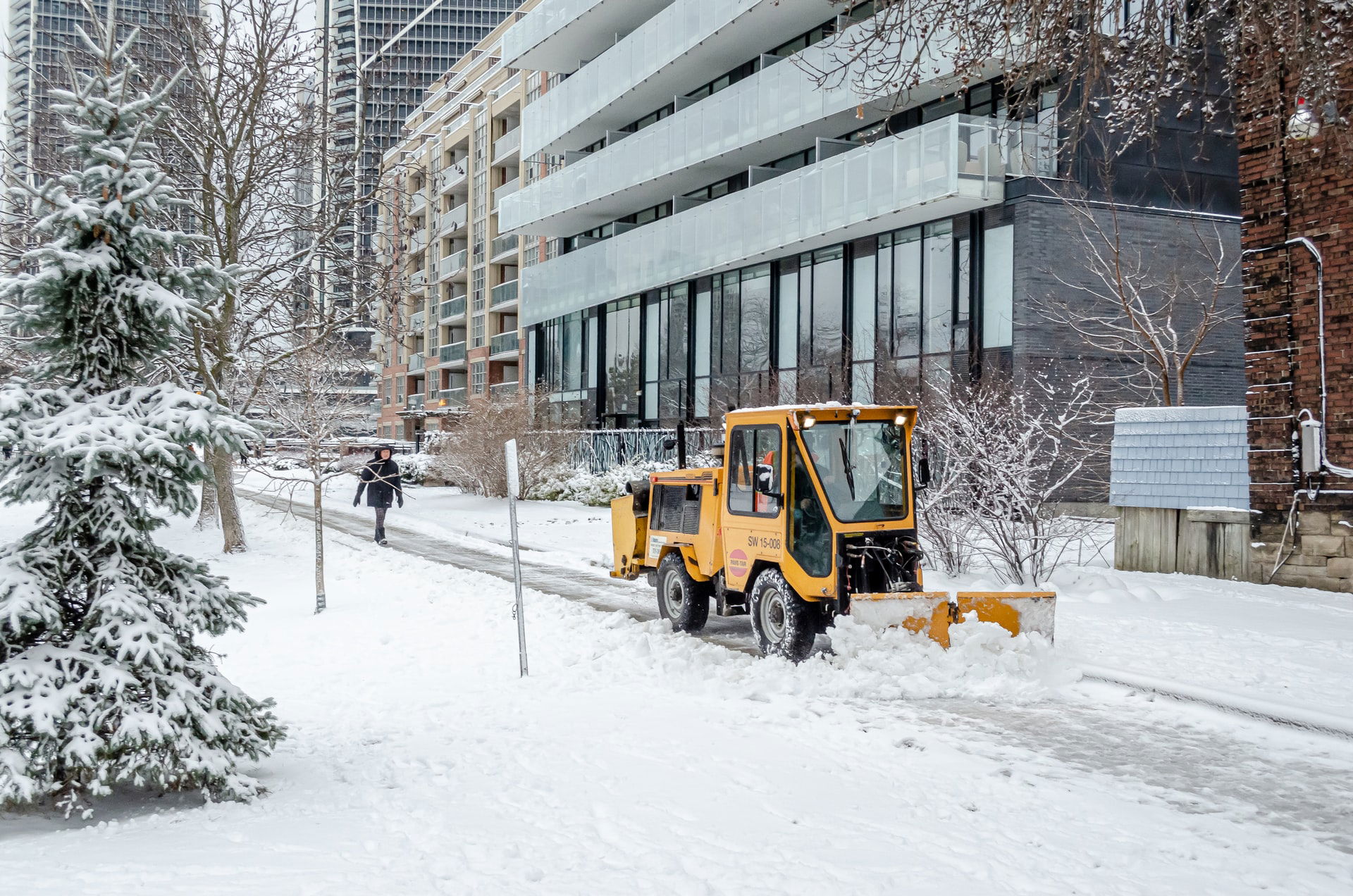What Goes into a Slip and Fall Personal Injury Case
A slip and fall accident can happen anywhere at any time. While most slip and fall accidents are not serious, it is still important to get medical attention after a fall. Often, a slip and fall injury may not seem like much, but with time that injury can become more severe.
If you slipped and fell and sustained injuries, regardless how severe, you need to speak to an experienced slip and fall attorney right away. If your accident occurred on private property, then you may have a personal injury case to recover compensation. However, slip and fall personal injury cases are extremely challenging. Do not go at it alone.
Slip and fall cases are often complex. Here is an outline of all the elements of a slip and fall personal injury case.
The first element that needs to be shown, for a successful claim, is negligence. Negligence happens when someone, most often the property owner, fails to use reasonable care to keep the premises safe. This failure, or negligence, resulted in injuries or damage to another person, you. In other words, you have to prove that a duty was owed to you and that the property owner failed in meeting that duty.
Next, it is important to note that there are different classifications of potential plaintiffs. Each classification of plaintiffs has different duty of care owed. For example, a trespasser is different than an invitee. A customer of a gas station is considered an invitee, for example.
In the case of an invitee, an individual invited onto private property where the invitation is either implied or expressly extended to financially enhance the owner’s business, then the highest level of care is owed to the invitee. A slip and fall attorney finds out what the plaintiff’s role was on the property, both inside the establishment and outside on the sidewalk and entrance areas. This outlines the level of care owed to the plaintiff.
To illustrate a situation involving an invitee, consider the following example. A plaintiff was going out for a meal at a restaurant after a snowstorm, the restaurant owner had not cleared the snow-covered sidewalks. The plaintiff fell, fracturing a hip. The property owner failed in their duty to provide a reasonable level of care, so negligence can be established.
The duty of care to a trespasser is significantly lower than to an invitee. However, there are some exceptions to this. For example, the attractive nuisance doctrine in which a landowner could be held liable for injuries that a trespassing child sustained. Any situation such as this, where the landowner has anything that may appeal to children, must have adequate deterrents in place to keep children safe.
Once negligence is established as probable, the slip and fall attorney then has to prove three things:
- That the owner of the property or person in charge of the property caused the dangerous condition or failed to remedy the dangerous condition, such as an un-shoveled sidewalk, that caused injury;
- That the owner or person in charge knew or should have known about the dangerous condition and did not correct it; and
- That the plaintiff suffered injuries and damages as a result.


